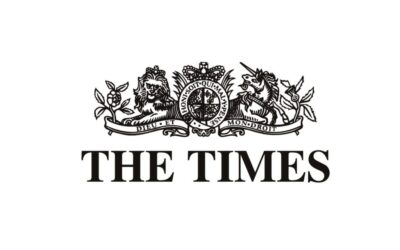To celebrate Pride, we look back at some of the UK’s major legal milestones for LGBT+ families over the past 15 years. It’s amazing to think that only 15 years ago LGBT partnerships, parenthood and non-cisgender identity were all completely invisible in the eyes of UK law, and we are very proud to have played a part in changing that.
2002
The Adoption and Children Act 2002 allowed same-sex parents to become full and equal legal parents for the first time in UK law. This not only allowed couples to jointly adopt children from care, but also meant that same-sex partners could adopt their partners’ children. For many female same-sex couples who already had children together, it meant they could finally apply to both become legal parents.
2004
The Gender Recognition Act 2004 allowed transgender adults to apply to formally change their birth certificates to record their identifying gender. The legislation is due for an update – the process could be simpler and more humane and it does not recognise non-binary identities – but in 2004 it marked a big step forward in UK legal recognition of transgender people.
2004
The Civil Partnership Act 2004 allowed same-sex couples to register as partners, with all the same legal rights and responsibilities of marriage. Enabling couples to be recognised as being in a relationship rather than legal strangers, this helped protect LGBT people financially and paved the way for equal marriage.
2009
The Human Fertilisation and Embryology Act 2008 came into force for female same-sex couples, allowing two women to be registered on a child’s birth certificate for the first time. Couples who were civil partners or who conceived at a UK fertility clinic could now be recognised as their children’s joint legal parents from birth.
2010
The same Act introduced changes to surrogacy law, enabling male same-sex couples to apply for a parental order to give a child through surrogacy a UK birth certificate recording two men as their legal parents. The availability of parental orders also empowered UK surrogacy matching organisations to open their doors to same-sex parents, revolutionising the availability of UK surrogacy for male same-sex parents.
We helped campaign for the changes for same-sex parents in the 2008 Act, with Natalie speaking at a debate in Parliament, quoted on the floor of the House of Commons and interviewed in the national media including on the BBC Radio 4 Today Programme, for which she was nominated by Stonewall for their Hero of the Year award. In 2010, we went on to represent the very first gay dads to get a parental order in the UK.
2013
Equal marriage! The Marriage (Same Sex Couples) Act 2013 finally enabled male and female same-sex couples to marry in exactly the same way as different-sex couples. Although civil partnership had already given couples access to the same legal rights as marriage since 2004, the introduction of equal marriage meant that same-sex relationships were no longer ‘separate but equal’ in law, a hugely important symbolic step forward.
2015
The Children and Families Act 2014 came into force, enabling same-sex parents through surrogacy to claim the same rights to time off work and pay as parents giving birth or adopting a child. NGA Law was proud to lead the campaign for this legal change, speaking out about the need for employment rights for years, backing a private members bill taken by an MP in 2014 and then finally working with the government to implement the changes.
2019
The Human Fertilisation and Embryology Act 2008 (Remedial) Order 2018 came into force, the direct result of a 2016 court case in which we represented a single dad through surrogacy and won a ruling that the law was discriminating unfairly against him. The law change enabled single parents through surrogacy (including single gay men) to apply for a parental order to become their child’s sole legal parent. As with the change for same-sex couples in 2010, changing the law has also in practice revolutionised the availability of UK surrogacy to single parents.
Leading experts in conception law
Find out more about how we support those creating families



